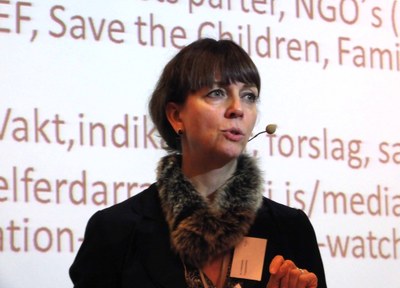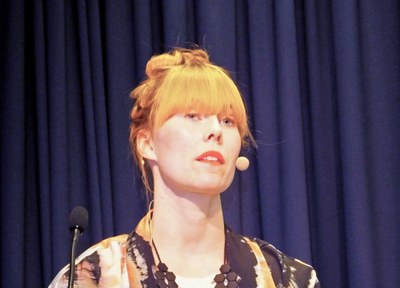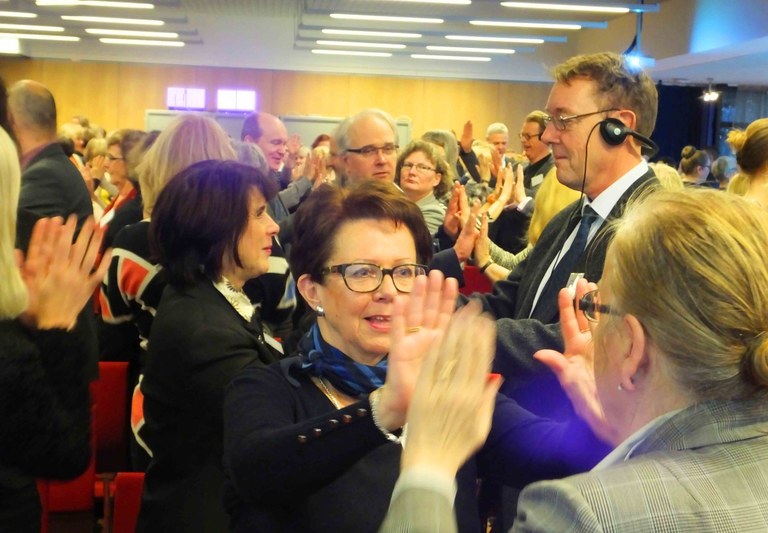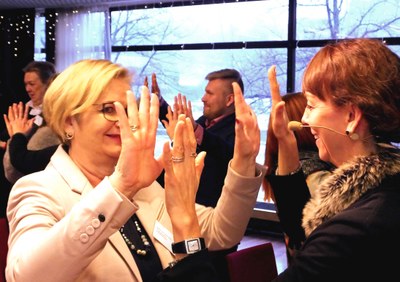Editorial
|
Feb 2016
More cooperation, less division
Feb 08, 2016 How are you doing in the Nordic countries? asks Finland at the kick-off for the Finnish Presidency of the Nordic Council of Ministers. Finland wants to promote exciting meetings and new thinking. The future is all about finding new ways of cooperating across disciplines and across borders. The Nordic region seeks new perspectives on new challenges. Why?
tema
|
Feb 2016
Sustainability must be based on democracy and has a hefty price tag
Feb 08, 2016 Nordic countries are leading the way in sustainable development and welfare, built on solid democratic foundations. That was one of the central themes when Finland organised its first conference after taking on the 2016 Presidency of the Nordic Council of Ministers. tema
tema
|
Feb 2016
Iceland's Welfare Watch cushioned the crisis and led to stronger Nordic cooperation
Feb 08, 2016 The Finnish programme for Nordic cooperation aims to secure welfare by extending cooperation between different government departments and organisations. But can it be done? Iceland’s Welfare Watch is one of the best examples of an innovative way to cooperate. tema
tema
|
Feb 2016

